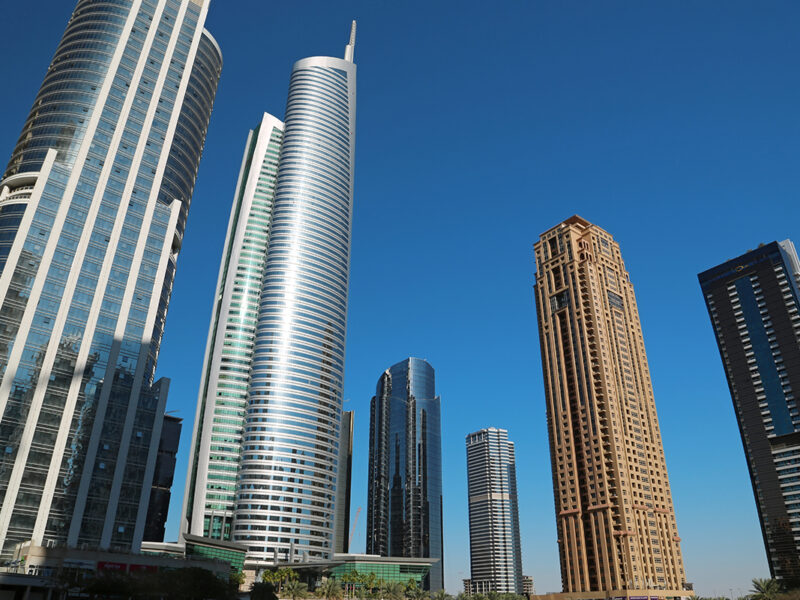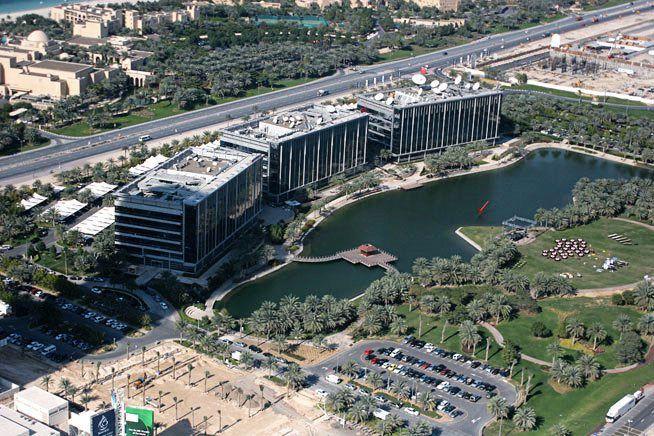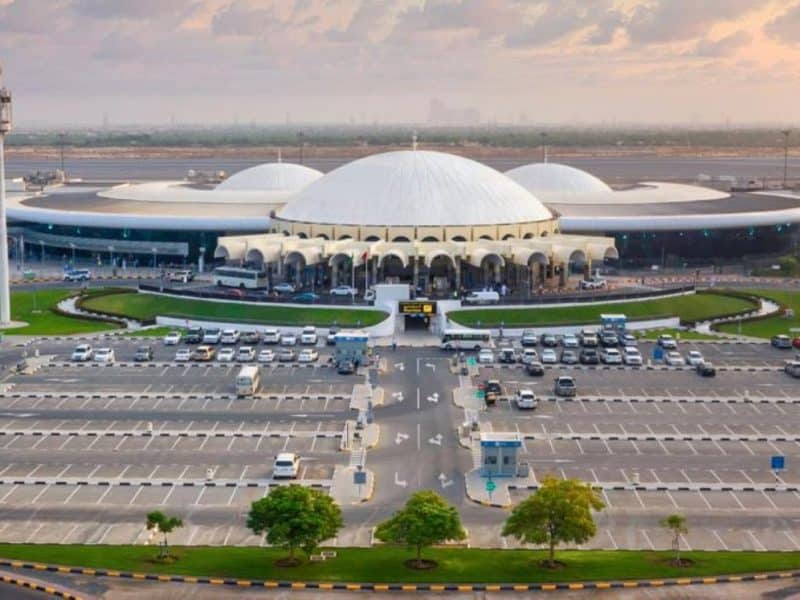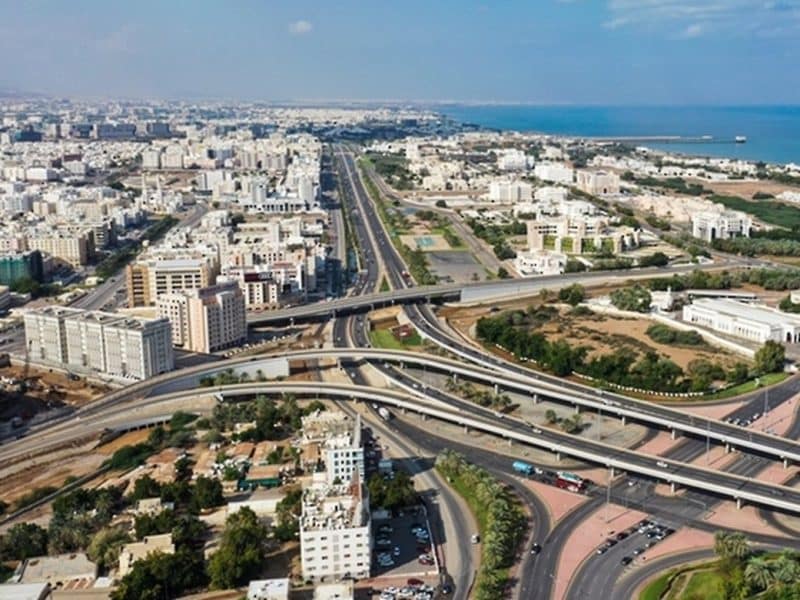The imminent changes to laws governing the foreign ownership of firms in the United Arab Emirates will cast a question mark over the future role of the country’s free zone areas, according to experts.
Earlier this month it was announced that the UAE is to abolish the need for companies to have Emirati shareholders, in a major shake-up of foreign ownership laws aimed at attracting investment into an economy reeling from the coronavirus and a decline in oil prices.
While the move, which comes into effect on December 1, has been largely welcomed as a positive step forward, it has left question marks over the numerous free zones operating within the country, which were previously the default position for foreign companies looking to trade in the country with the offer of 100 percent foreign ownership.
Nicholas Maclean, managing director, CBRE, MENAT region, told Arabian Business: “The impact on the free zone/’on-shore’ jurisdictional boundaries could be significant, possibly easing the rental differentials and the suggestion that decision making flexibility will be delegated to various could allow adaptability if some of the changes prove difficult.
 Nicholas Maclean, managing director, CBRE, MENAT region
Nicholas Maclean, managing director, CBRE, MENAT region
It has previously been said that free zones have limits and can prevent bidding for public sector opportunities and often present challenges when setting up bank accounts with high-street banks.
Hisham Al Gurg, CEO of SEED Group, told Arabian Business: “Free zones were dependent on the 100 percent ownership in companies as the main differentiator for years now. I strongly believe that such law shall create a new challenge for them to find new and unique ways to compete with the onshore, be it with their services, framework, ease of transactions, or taxation leniency. It will be interesting to see how the free zone environment will change with the introduction of the new law.”
The amendments to the 2015 commercial companies’ law are the latest in a series of measures aimed at liberalising business activity in the UAE, where foreigners comprise more than 80 percent of the population. The amendments are designed to reduce costs for companies and attract foreign entrepreneurs often put off by regulations demanding they hand 51 percent of their business to locals in order to operate onshore.
 Hisham Al Gurg, CEO of SEED Group
Hisham Al Gurg, CEO of SEED Group
Maclean added that the changes to the law could see some form of corporation tax introduced.
He said: “It remains to be seen how radical the detailed revisions will be and how the new rules will interplay with some form of taxation, which surely must be a partial replacement for the foregone income, but the preliminary outline reiterates the countries drive to maintain its position as an innovator and business hub.”








